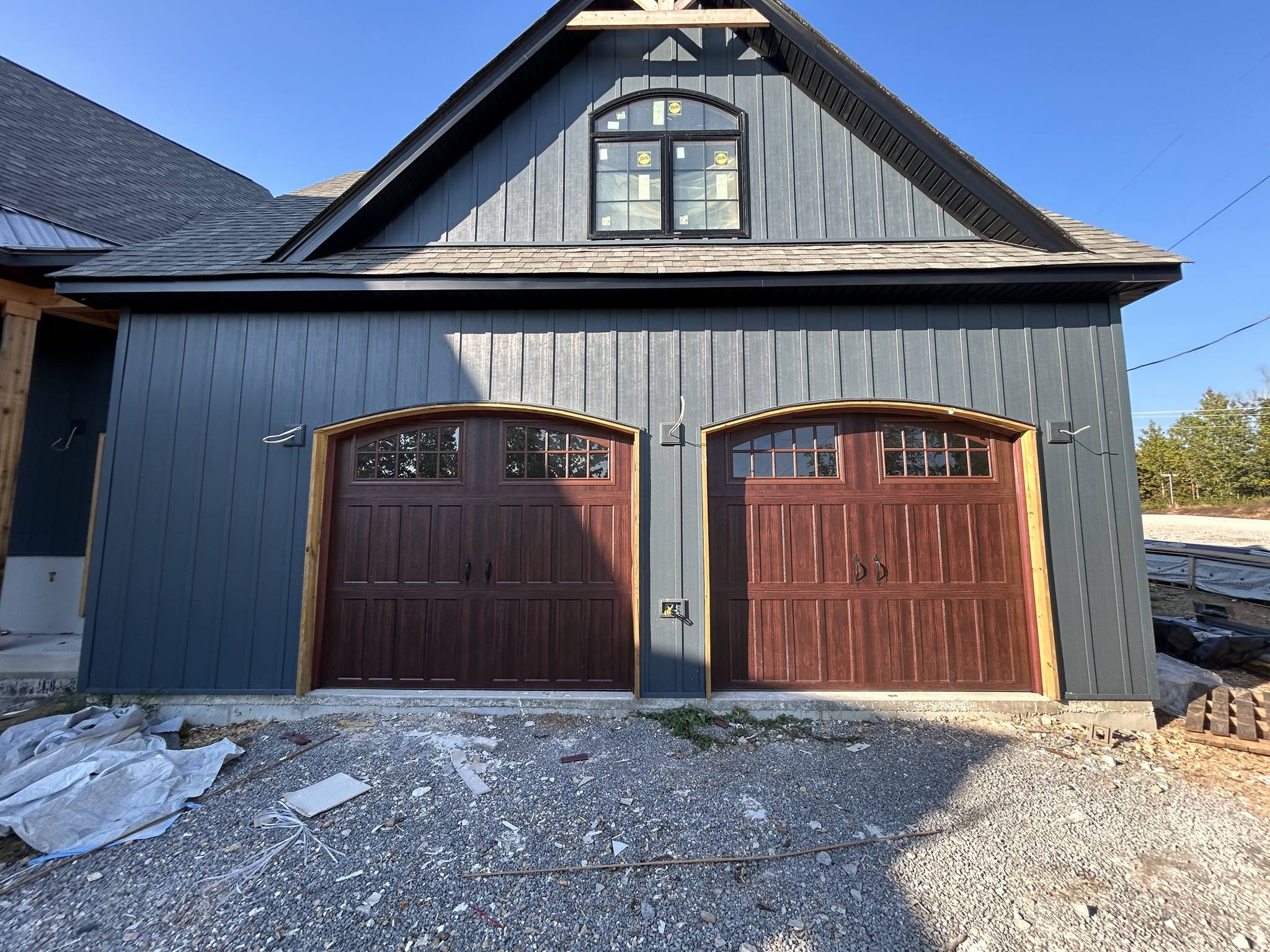
5 Common Garage Door Issues You Can Easily Fix Yourself Nov 03, 2025
One of the most prevalent issues homeowners face is a garage door that will not open or close. If you find yourself in this situation, the first step is to check the batteries in your remote. More often than not, the remote control's batteries are the culprits. Replace them and see if your problem is resolved. If not, inspect the safety sensors at the bottom of the garage door opening. Dust, dirt, or even sunlight obstruction can cause sensor issues. A quick wipe with a soft cloth often rectifies the problem, ensuring the sensors function correctly.
Another frequent issue is the garage door making unusual noises. These sounds might be an indication of worn or loose parts. Start by inspecting the door's hardware, such as nuts and bolts. With time and regular use, these can work themselves loose. Tightening them with a proper-sized wrench is often all it takes. Additionally, applying lubricant to the door’s moving parts, including the rollers and the tracks, can silence those squeaky noises, maintaining smooth operations.
If your door opens partially and then reverses, it could be due to the garage door opener's limit settings. The limit setting signals your garage door on how far to go to open or close completely. These settings may need adjustment, especially if the door begins reversing before it touches the floor. Most garage door openers come with a manual guide on adjusting these settings, typically involving a simple turn of the screw using a screwdriver.
A garage door that moves unevenly or gets stuck often indicates a track issue. Examining the tracks for obstructions is a must. It could be small debris or buildup preventing smooth movement. Clean the tracks with a damp cloth and ensure they are aligned properly. You can use a rubber mallet to gently tap the tracks back into place if they are out of alignment.
Lastly, if the garage door doesn't close completely, the culprit might be the alignment of the photo-eye or the safety sensor issue. These sensors are responsible for detecting any obstruction in the door's path to prevent accidents. If these sensors are misaligned, the garage door won’t close correctly. Check for electrical faults, proper alignment, and any dirt that might be obstructing the sensor pathway.
Understanding these common garage door issues not only saves you time and money but also enhances your confidence as a homeowner. While these fixes are straightforward, remember that more complex problems like broken springs or cables should be handled by professionals like those at Ellis Garage Doors to ensure safety and optimal operation. Regular maintenance and prompt attention to small issues can significantly extend the life of your garage door, keeping it in top condition and your home secure.
/filters:no_upscale()/filters:format(webp)/media/527cdf9c-5876-470f-8c0b-4a9d535bb95c.jpeg)
/filters:no_upscale()/filters:format(webp)/media/cd9de3e9-0241-447d-8582-2fc90d2a48e0.jpeg)